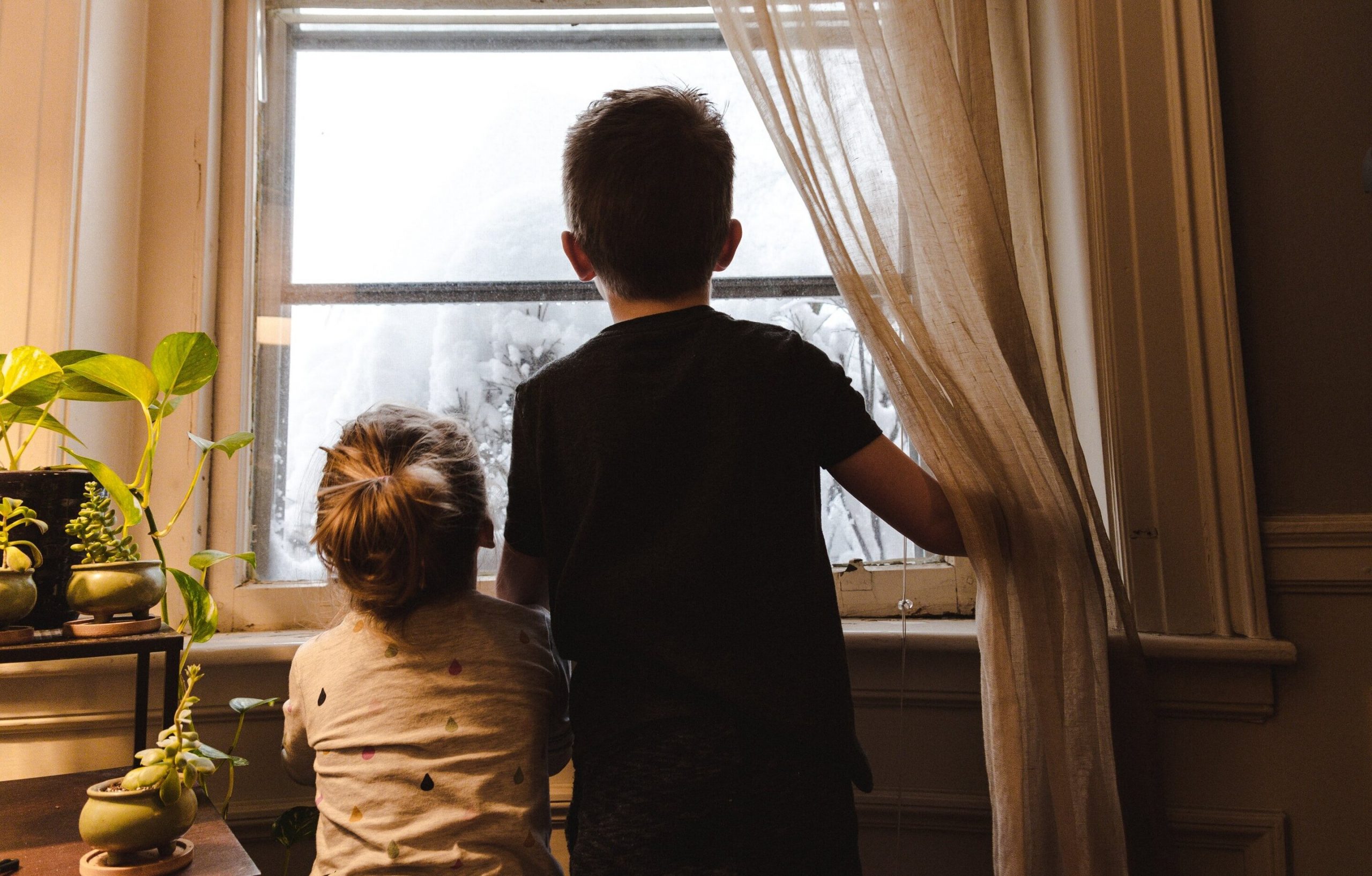

A study shows that during the first confinement, day-to-day variations in subjective sleep quality influenced the occurrence of mental and physical health complaints and that these effects were linked to daily reports of COVID-19 related deaths. The team of researchers led by Peter Simor, CRCN -Center for Research in Cognition and Neurosciences and UNI, ULB Neurosciences Institute, Université libre de Bruxelles (ULB), interviewed 166 participants in three European countries, twice a day for two consecutive weeks via an online interface about their sleep quality and negative psychological experiences.
During the first confinement (18 March to 10 May 2020), people who reported worse sleep quality during a night also reported an increase in negative mood, psychotic-like experiences and somatic complaints on the next day. Furthermore, daily reports of deaths caused by COVID-19 predicted psychological symptoms on the same day and sleep quality the following night. This is the result of research carried out in three countries (Belgium, Hungary, Spain) under the direction of Peter Simor with researchers at the Université libre de Bruxelles (ULB), Rebeca Sifuentes-Ortega, Ariadna Albajara Saenz, Oumaïma Benkirane, Anke Van Roy and Philippe Peigneux from the CRCN (Center for Research in Cognition and Neurosciences) and the UNI (ULB Neurosciences Institute) in collaboration with researchers from the Eötvös Loránd University of Budapest and the Universidad Autónoma de Madrid.
The quality of sleep, according to the researchers, could be related to the COVID-19 pandemic and even influence mental health complaints. To test this hypothesis researchers interviewed 166 participants twice a day (in the morning and in the afternoon) for two consecutive weeks via an online interface about their sleep quality and negative psychological experiences. This method made it possible to measure variables (subjective sleep quality and daytime experiences such as rumination, psychotic-like experiences and somatic complaints) in a “prospective” manner and to establish general trends in individuals.
They were able to study the temporal associations of these variables within individuals, examining whether:
- a relatively poor night’s sleep would be followed by more mental health complaints the next day.
- whether a relative increase in mental health complaints on a given day would lead to an altered sleep pattern the following night.
The research team also linked the measures (sleep and mental health complaints) to specific factors related to the COVID-19 pandemic: Daily COVID19 deaths reported by the national media were used as indicators of the threatening context of the pandemic. Thereby, they were able to show that daily media reports of the number of deaths related to COVID19 per country predicted mental health complaints that day and impaired sleep quality the following night.
The results show that changes in sleep quality from one night to the next predict how individuals cope with the daily challenges of confinement the next day.
more recommended stories
 Texas Medical Board Releases Abortion Training for Physicians
Texas Medical Board Releases Abortion Training for PhysiciansKey Takeaways Texas Medical Board has.
 Safer Allogeneic Stem Cell Transplants with Treg Therapy
Safer Allogeneic Stem Cell Transplants with Treg TherapyA new preclinical study from the.
 Autoimmune Disorders: ADA2 as a Therapeutic Target
Autoimmune Disorders: ADA2 as a Therapeutic TargetAdenosine deaminase 2 (ADA2) has emerged.
 Kaempferol: A Breakthrough in Allergy Management
Kaempferol: A Breakthrough in Allergy ManagementKaempferol, a dietary flavonoid found in.
 Early Milk Cereal Drinks May Spur Infant Weight Gain
Early Milk Cereal Drinks May Spur Infant Weight GainNew research published in Acta Paediatrica.
 TaVNS: A Breakthrough for Chronic Insomnia Treatment
TaVNS: A Breakthrough for Chronic Insomnia TreatmentA recent study conducted by the.
 First-of-Its-Kind Gene-Edited Pig Kidney: Towana’s New Life
First-of-Its-Kind Gene-Edited Pig Kidney: Towana’s New LifeSurgeons at NYU Langone Health have.
 Just-in-Time Training Improves Success & Patient Safety
Just-in-Time Training Improves Success & Patient SafetyA study published in The BMJ.
 ChatGPT Excels in Medical Summaries, Lacks Field-Specific Relevance
ChatGPT Excels in Medical Summaries, Lacks Field-Specific RelevanceIn a recent study published in.
 Study finds automated decision minimizes high-risk medicine combinations in ICU patients
Study finds automated decision minimizes high-risk medicine combinations in ICU patientsA multicenter study coordinated by Amsterdam.

Leave a Comment